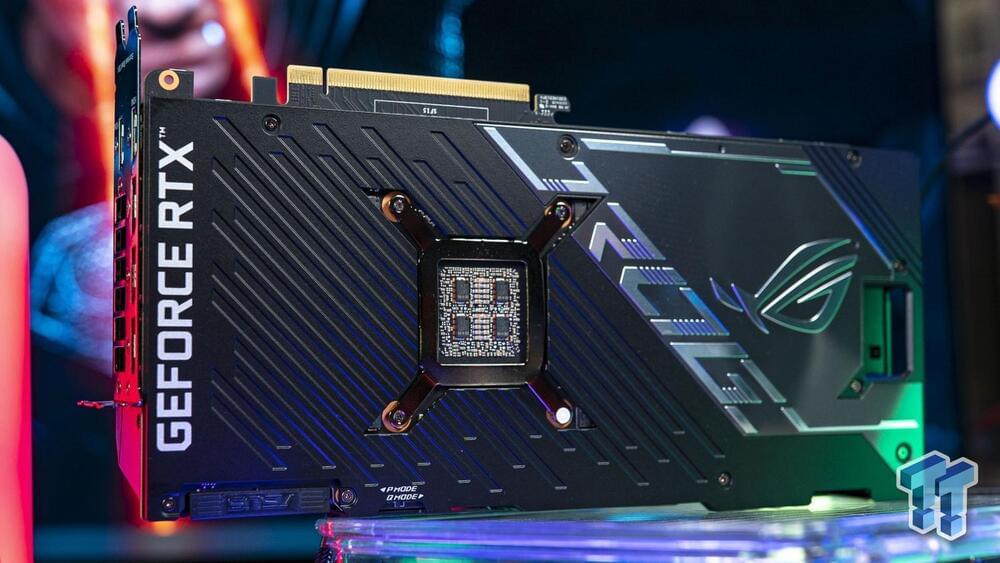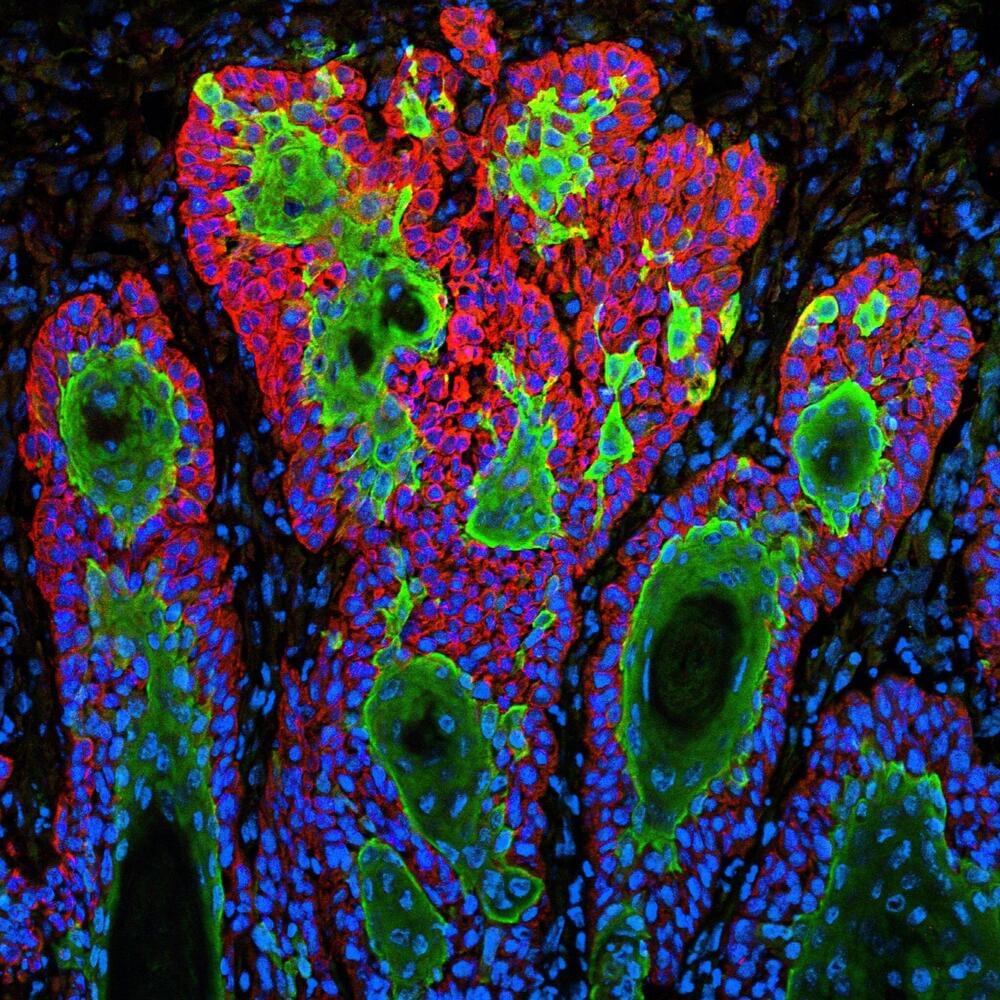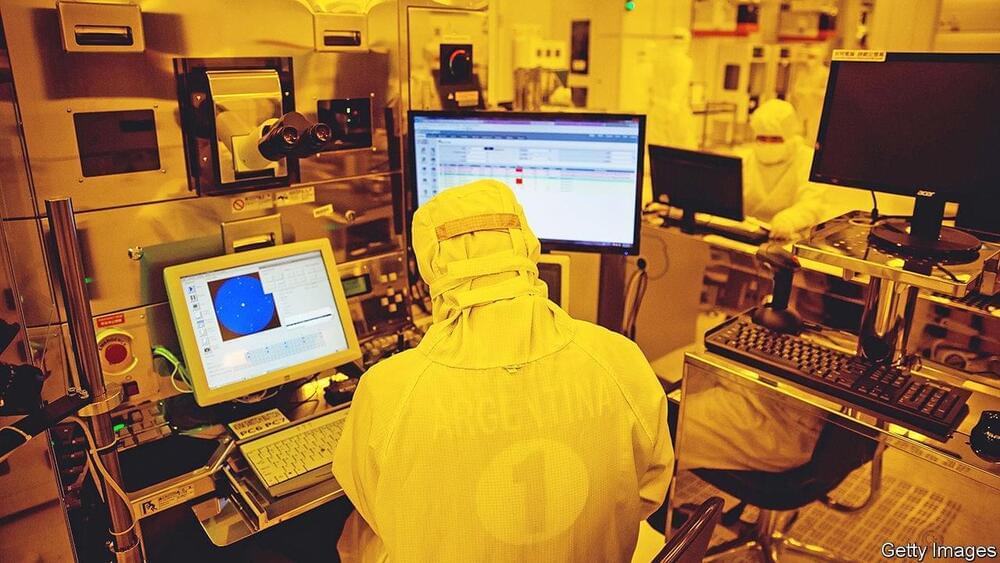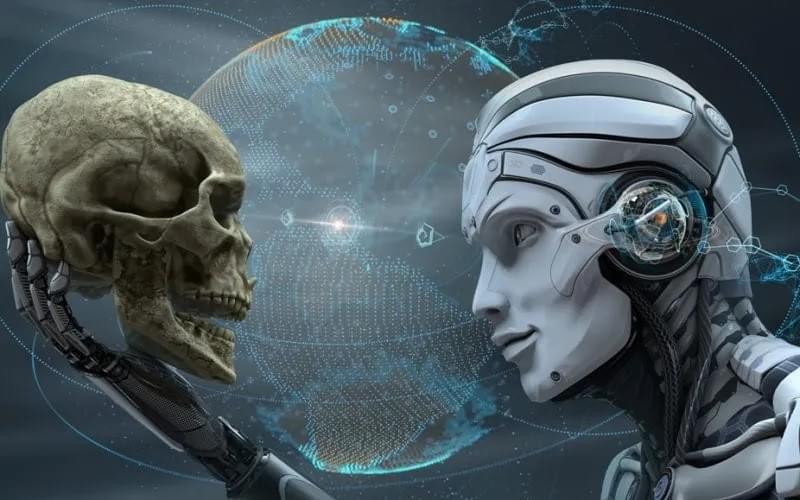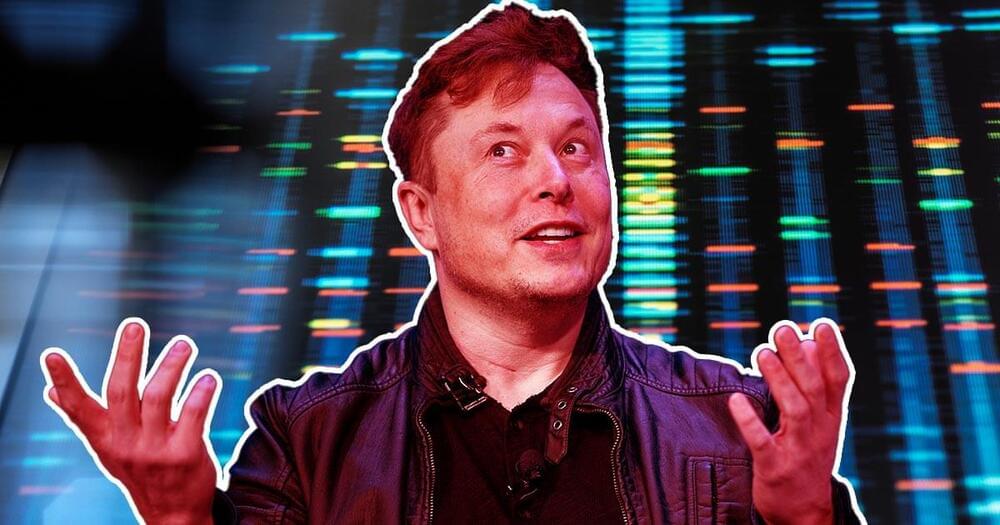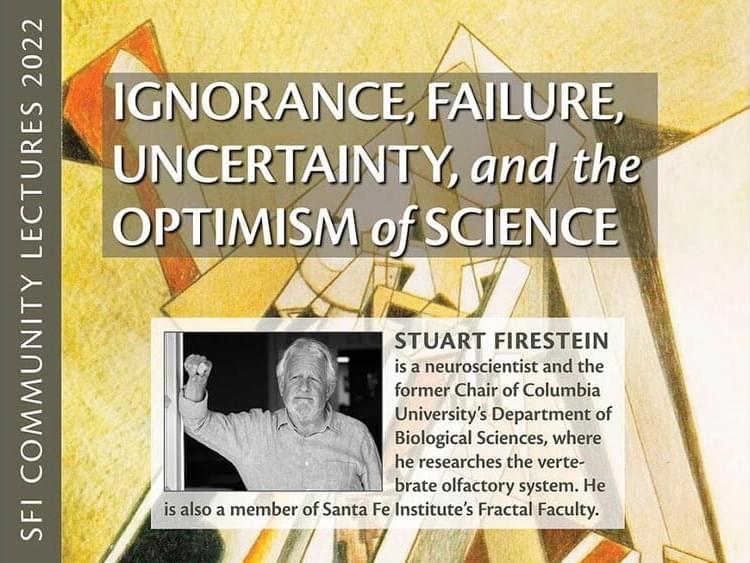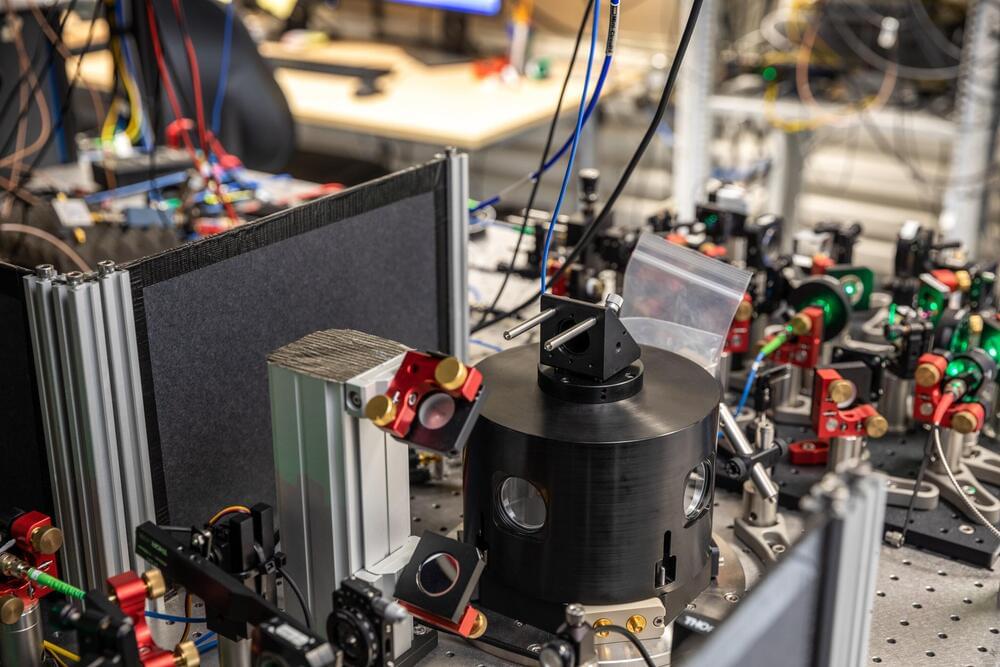May 31, 2022
Why Elon Musk’s Starlink Satellites scare China? Chinese Researchers have come up with a plan to “destroy” SpaceX Starlink satellites
Posted by Kelvin Dafiaghor in categories: computing, Elon Musk, internet, military, satellites
China has to have the capability to identify and destroy SpaceX’s Starlink satellites, according to Chinese military experts in a report released in April. The research, headed by Ren Yuanzhen of the Beijing Institute of Tracking and Telecommunications, was published in the Chinese peer-reviewed journal Modern Defence Technology. The publication inexplicably disappeared from the online version of The South China Morning Post after The South China Morning Post reported on its contents.
David Cowhig, a former US ambassador, was able to complete the translation of the document before it vanished, which allowed him to uncover a number of preventative steps that were suggested to be taken against Starlink. According to the study, China has to “use a mix of soft and hard kill measures to disrupt the operating system of the constellation and deactivate part of the Starlink satellites.”

